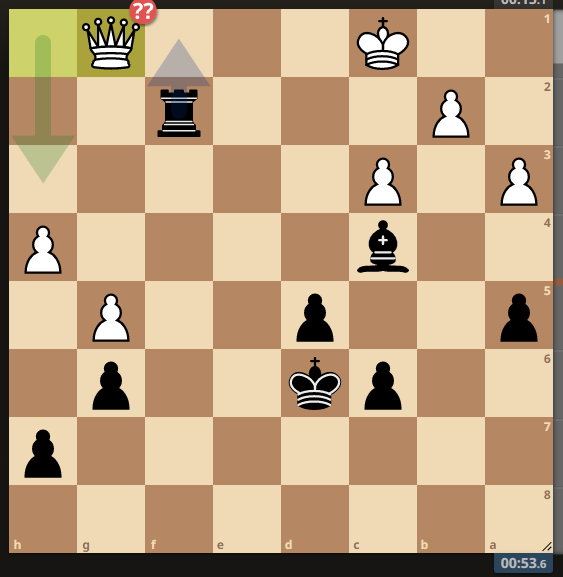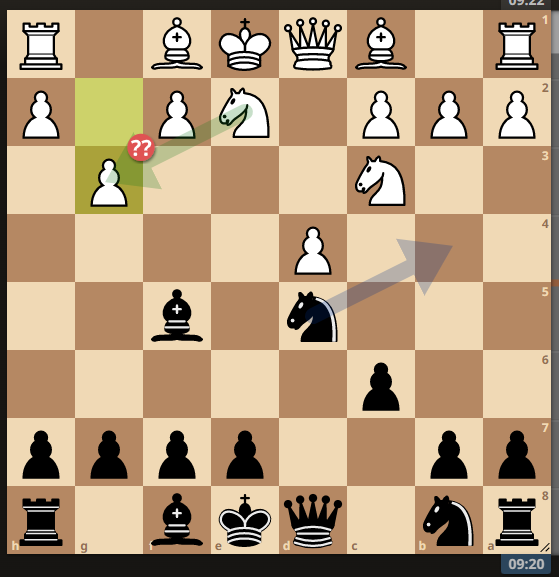Several of my chess buddies have expressed surprise that I'm not working on memorizing openings. It feels like an important part of chess, learning the exact "right" moves to play at the start of the game, but I've found several videos where smart people say otherwise. For a start, your opponents are unlikely to reply with the "right" responses to your theoretically perfect moves, not past one or two moves anyway.
I thought I'd put the videos in one place for easy reference:
Here's what they all agree on: play using the basic chess principles (control the center, develop pieces, king safety. Play slow games, not fast. Analyse your games after you play them.
Chess Dojo on learning openings from 0-1200: I just found these guys last night. I love that they have a structured training course, telling you what skills/books you should be using at different levels of chess ability. They emphasize NO opening theory till about 1200 ELO. They have some videos (I haven't watched yet) about opening principles.
Adult Chess Improver: Complete repertoire for black and for white, and here's a 6 part playlist containing those two wherein he talks about it a bit more. Again it's "use opening principles but don't focus your limited study time on openings, because that's not where you, a lower-rated player, are losing games."
Andras Toth: How to Get Better at Chess 0 to 1700: part one and part two. "90 games out of 100, games are not won, they are lost". A point I've made in earlier posts; games at this level are mostly decided by who blunders most/first/last (take your pick!). Focus on tactics and calculation, and the basic principles: development, central control and king safety.
Spend 60% of your chess time studying, 40% playing. No bullet, 10-20% on blitz and just for checking your openings, because these short games don't give you time to think.
In my tournament games against higher level players they simply don't make those kind of errors! I wait for my chances to take something off them, but it never comes! I'm at the point where I need to learn the next set of skills; Chess Dojo suggests it's understanding tempo.
More About Chess Dojo
Look at their "Chess Dojo Training Program" playlist to see what you ought to know at different levels. It's free to know the requirements; you'll see them in the video. For me at about the 1000 level here's what they'd like me to do.
Polgar 5334 problems book: all mate in 1s, up to #700 of mate in 2
Learn Chess The Right Way book 3 (defense), Susan Polgar
Chess.com Puzzle Rush 5 min: 14 (I have 27)
Chess.com PR Survival: 16 (I have 30+ I think)
Endgames position #1: be able to win with queen or rook
They have other requirements: memorize a particular game, review/annotate games etc.
Play 25 classical games (thats like 45 min + 30 sec?) and do 10 post mortems with a stronger player
At this level you should be good at playing in a miserly fashion; not giving up material (i.e not hanging pieces, staying defended). They talk about chess having three “dimensions”: material, tempi and quality of position. Beginners need to focus only on material, but at this level start to think about tempi.
They expect you to try and win games by sheer force of material; taking more of it from your opponent than they take from you, then finish the game with a king+queen or king+rook combo.



